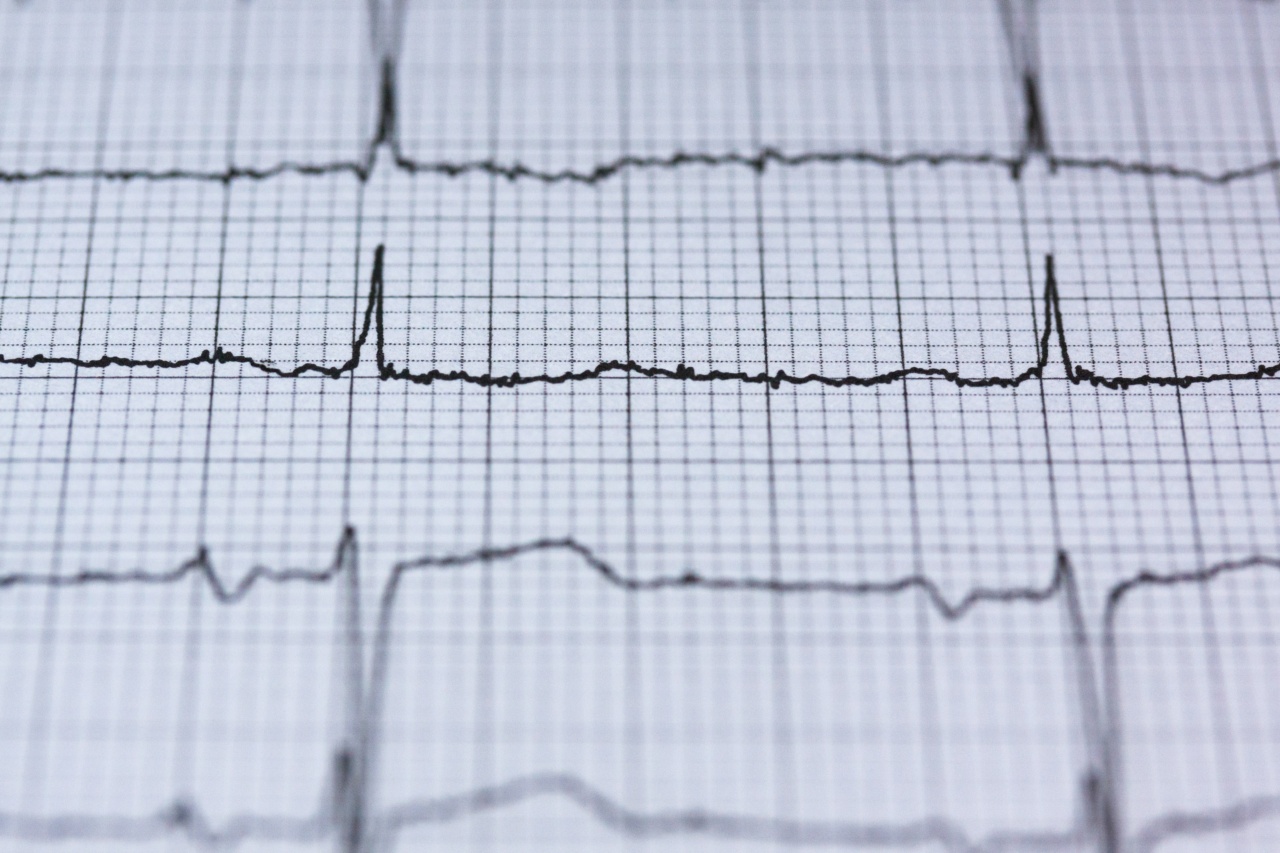The rapid rise in popularity of vaping, especially among young adults, has raised concerns about its potential health effects. One area of particular concern is the impact of vaping on heart health and the development of heart arrhythmias.
In this article, we will explore the scientific evidence surrounding this issue and shed light on what we currently know.
Understanding Vaping and E-cigarettes
Vaping refers to the use of electronic cigarettes, also known as e-cigarettes or vape pens, to inhale an aerosolized solution commonly containing nicotine and other chemicals.
E-cigarettes work by heating a liquid that produces an aerosol, which is then inhaled into the lungs.
The use of e-cigarettes has gained popularity due to their perceived safety compared to traditional cigarettes. Vaping devices are often marketed as a less harmful alternative to smoking, with the claim that they produce fewer toxins and carcinogens.
However, the long-term health effects of vaping are still not well understood, and studies have started to investigate the potential risks associated with this practice.
The Link Between Vaping and Heart Arrhythmias
Heart arrhythmias are abnormal heart rhythms that can range from harmless to life-threatening. They occur when the electrical signals that coordinate the heart’s rhythm are disrupted, leading to chaotic or irregular heartbeats.
Arrhythmias can cause symptoms such as palpitations, dizziness, fainting, and even sudden cardiac arrest.
Research investigating the link between vaping and heart arrhythmias is still in its early stages, but some studies have suggested a potential association.
A study published in the Journal of the American Heart Association found that people who used e-cigarettes had a significantly higher risk of developing atrial fibrillation, a common type of arrhythmia characterized by irregular and rapid heartbeats.
Another study published in the European Heart Journal reported that e-cigarette use was associated with an increased risk of developing heart attack, coronary artery disease, and circulatory problems.
These findings raise concerns about the potential negative effects of vaping on overall cardiovascular health, including the development of arrhythmias.
Potential Mechanisms Behind the Link
While the exact mechanisms underlying the link between vaping and heart arrhythmias are not fully understood, there are several potential factors that could contribute to this association.
Chemical Exposure
E-cigarettes contain a variety of chemicals, including nicotine, propylene glycol, glycerin, and flavorings. Some of these chemicals, especially nicotine, have been shown to have cardiovascular effects.
Nicotine can raise blood pressure, increase heart rate, and constrict blood vessels, potentially disrupting normal heart rhythm and increasing the risk of arrhythmias.
Furthermore, the heating process in e-cigarettes can lead to the formation of toxic chemicals and fine particles that can enter the bloodstream and have adverse effects on the cardiovascular system.
These chemicals and particles could potentially trigger inflammation, oxidative stress, and damage to the cells and tissues of the heart, leading to arrhythmias.
Impact on Autonomic Nervous System
The autonomic nervous system controls the involuntary functions of the body, including heart rate and rhythm.
Studies have shown that nicotine exposure, such as that from vaping, can disrupt the balance between the sympathetic and parasympathetic branches of the autonomic nervous system. This imbalance can lead to alterations in heart rate variability, which is known to be associated with an increased risk of arrhythmias.
Additionally, vaping has been found to acutely increase adrenaline levels in the body. Adrenaline, also known as epinephrine, is a stress hormone that can have cardiovascular effects, including an increased risk of arrhythmias.
The acute release of adrenaline triggered by vaping could potentially contribute to arrhythmia development.
Impact of Flavorings
One appealing aspect of vaping for many users is the wide variety of available flavors. However, these flavorings may not be as harmless as they seem.
Some flavorings used in e-cigarettes, such as diacetyl, have been linked to lung disease in workers exposed to high levels of the chemical. While the direct impact of flavorings on heart arrhythmias is still unclear, their potential for harm cannot be ruled out.
Limitations of Current Research
It is important to acknowledge that the current body of research exploring the link between vaping and heart arrhythmias is limited, and more studies are needed to fully understand the relationship.
Many of the studies available are observational in nature, meaning they can only establish correlations and not causation.
Furthermore, the rapid evolution of vaping technologies and the wide variety of e-cigarette products available make it challenging to draw definitive conclusions.
Different e-cigarette brands and models may have varying chemical compositions, and the diversity of vaping behaviors among users further complicates the research landscape.
Conclusion
While the evidence linking vaping to heart arrhythmias is still emerging, the available studies suggest a potential association between these two.
Chemical exposure, autonomic nervous system effects, and the impact of flavorings are among the potential mechanisms that could contribute to arrhythmia development in vapers. However, more research is needed to fully understand the long-term effects of vaping on heart health.
In the meantime, it is crucial for individuals to be aware of the potential risks associated with vaping and make informed decisions about their health.
If you are concerned about your heart health, it is advisable to consult with a healthcare professional for personalized advice and guidance.





























